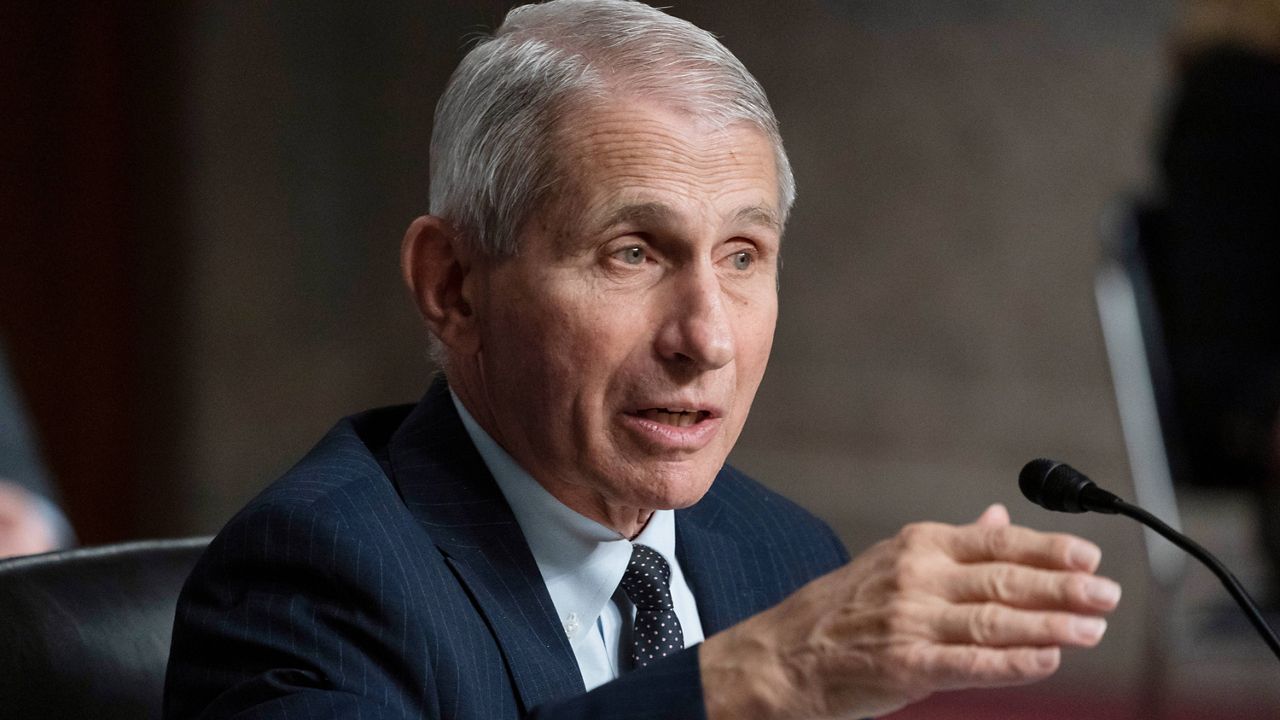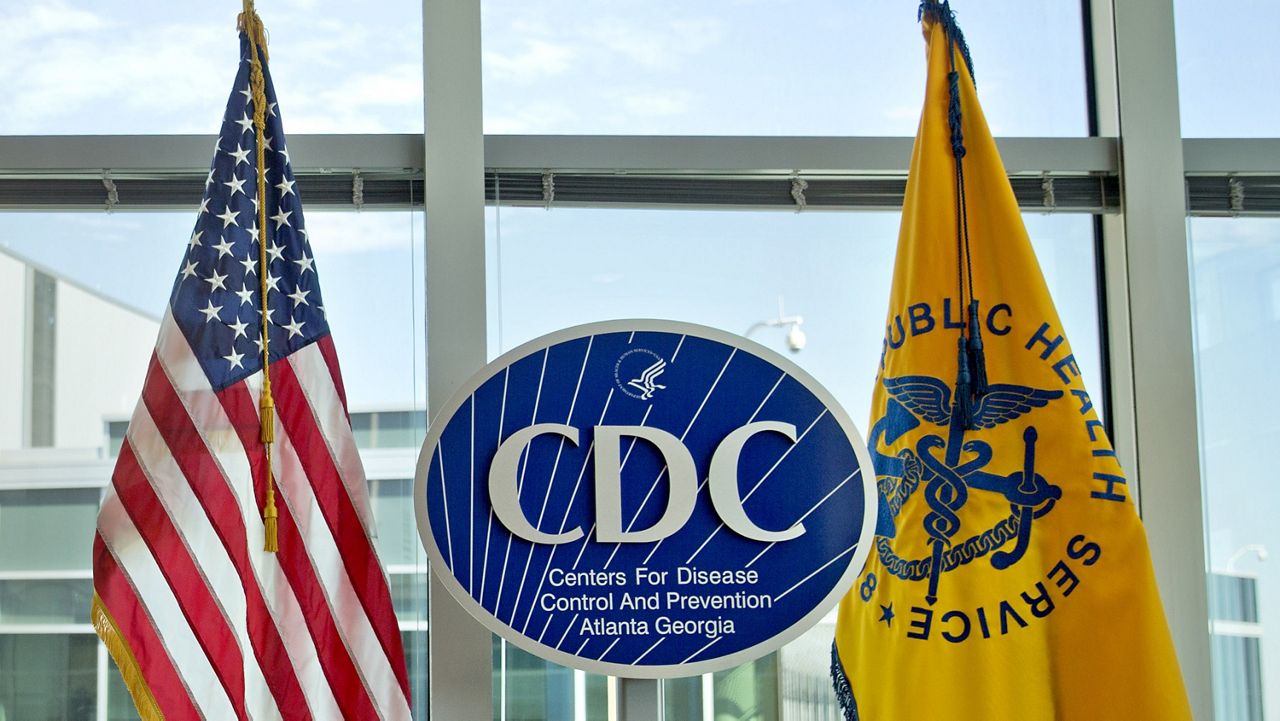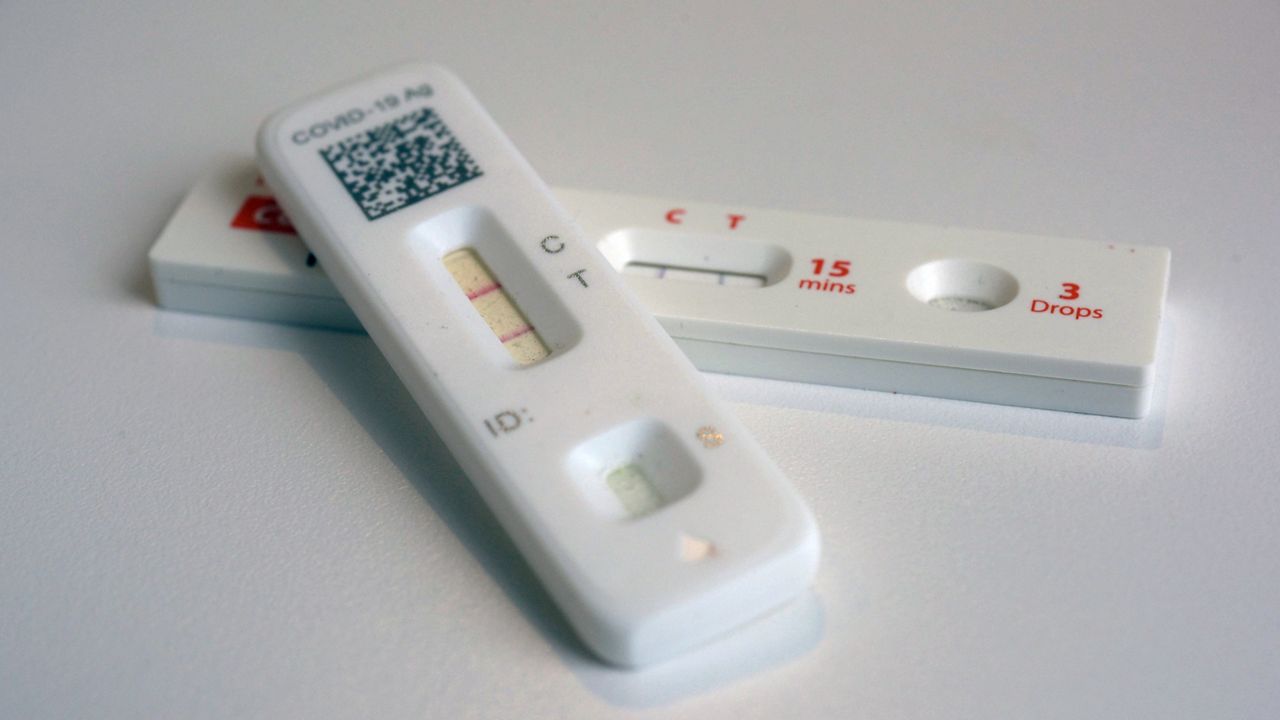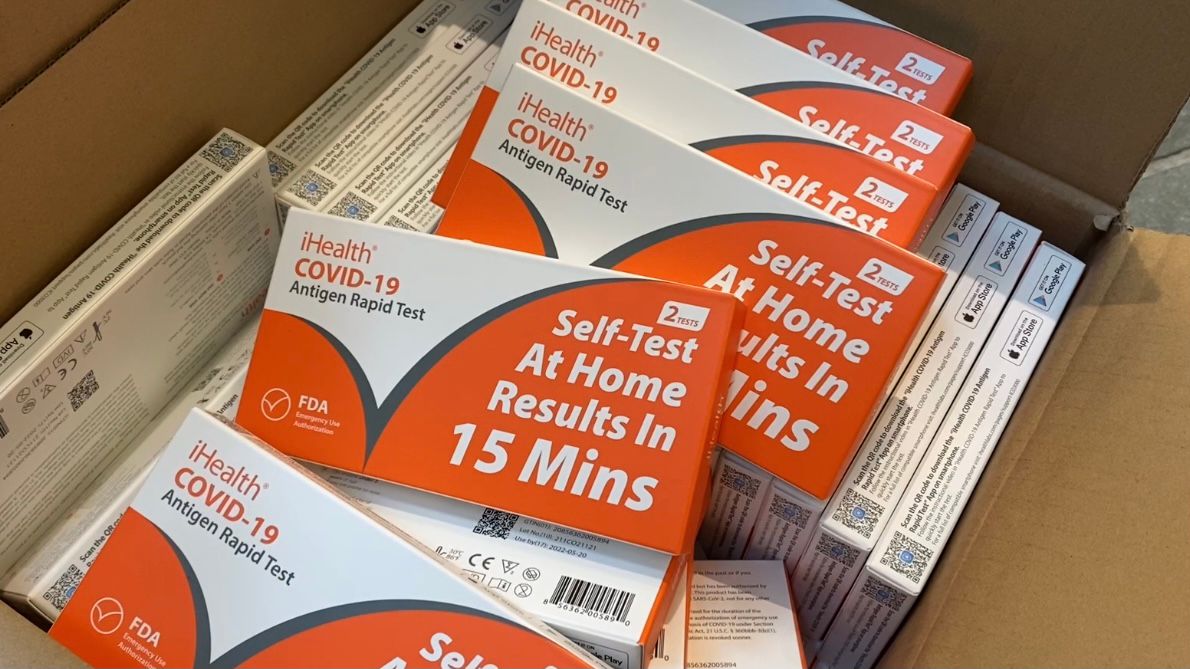More than two years after a mysterious new virus forced businesses and schools to close and Americans to cocoon in their homes, Dr. Anthony Fauci, the federal government’s top infectious disease expert, says the U.S. is no longer in a pandemic phase.
What You Need To Know
- Dr. Anthony Fauci, the federal government’s top infectious disease expert, says the U.S. is no longer in a pandemic phase
- Fauci made the comment in an interview with "PBS NewsHour" on Tuesday, a notable declaration from one of the leading voices of the country’s COVID-19 response
- But Fauci noted that pandemics are defined by disease spreading rapidly and over a wide geographic area, such as multiple countries or continents and that, globally, "there’s no doubt this pandemic is still ongoing"
- Fauci made the comments as the country is seeing yet another rise in coronavirus cases, but death and hospitalization rates are falling
Fauci made the comment in an interview with "PBS NewsHour" on Tuesday, a notable declaration from one of the leading voices of the country’s COVID-19 response.
“We are certainly right now in this country out of the pandemic phase,” said Fauci, who is director of the National Institute of Allergy and Infectious Diseases and President Joe Biden’s chief medical adviser. “Namely, we don’t have 900,000 new infections a day and tens and tens and tens of thousands of hospitalizations and thousands of deaths. We are at a low level right now.”
But Fauci noted that pandemics are defined by disease spreading rapidly and over a wide geographic area, such as multiple countries or continents.
“So, if you look at the global situation, there’s no doubt this pandemic is still ongoing,” he said.
Fauci said he does not expect COVID-19 to be eradicated but that the U.S. can keep infections low by people intermittently being vaccinated. He said it’s not yet clear what the recommended schedule for booster shots will end up being.
Fauci made the comments as the country is seeing yet another rise in coronavirus cases, fueled by omicron subvariants.
The latest seven-day average for new infections is 47,407 — up 91% from March 29.
The BA.2 and BA.2.12.1 subvariants are accounting for 97% of new cases in the U.S., according to data from the Centers for Disease Control and Prevention. Health experts believe those strains are more contagious than the original omicron variant, but there’s no evidence they are more likely to cause severe illness.
That — as well as the vast number of Americans who have been vaccinated or previously infected by the virus — likely explains why the country has continued to see death and hospitalization rates fall.
The U.S. is averaging 330 COVID-19 deaths a day, down from 2,678 in early February. More than 11,000 Americans are hospitalized with the virus, down from 154,540 at the height of the omicron wave.
A CDC study released Tuesday that, as of February, 58% of Americans — and 75% of children and teens — have antibodies from previous COVID-19 infections, although officials stressed that previous cases do not necessarily prevent future infection.
Ryan Chatelain - Digital Media Producer
Ryan Chatelain is a national news digital content producer for Spectrum News and is based in New York City. He has previously covered both news and sports for WFAN Sports Radio, CBS New York, Newsday, amNewYork and The Courier in his home state of Louisiana.








